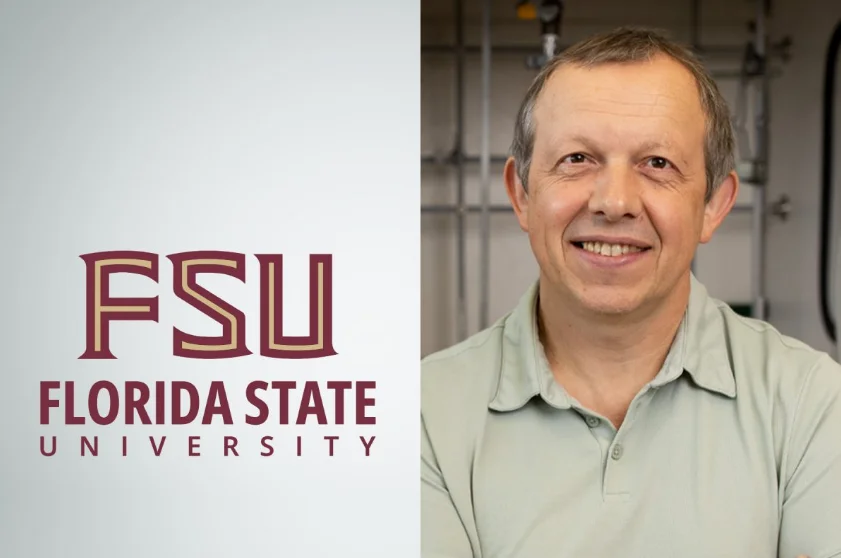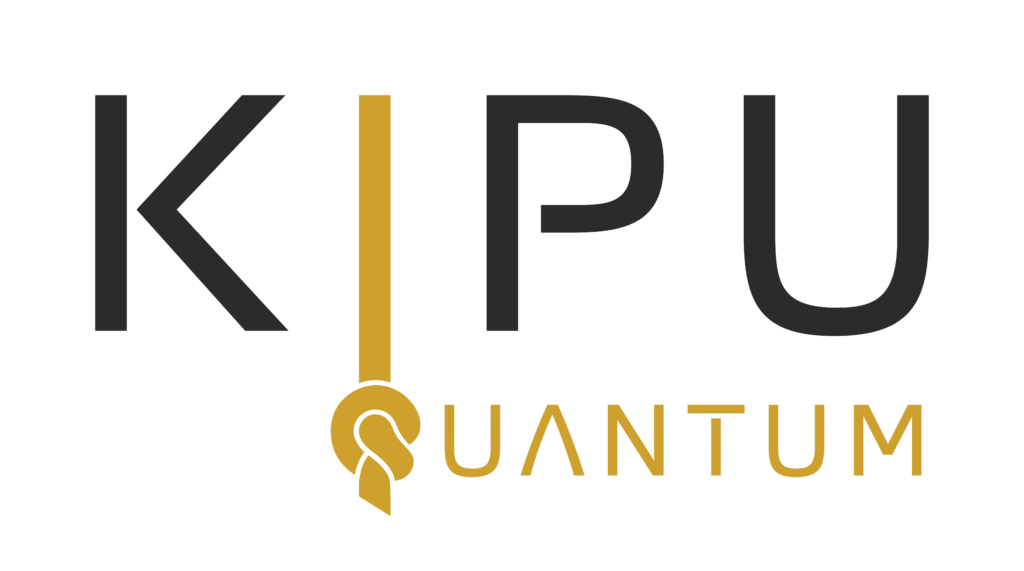
Continuing on from the last post on Scientific Advisors Shaping Quantum 2.0 For Industry, here’s Part 4 of the series, Advisors: 64–84.
*All data correct as of late August 2021
64. Khaled Karrai: Advisory Board, Quandela
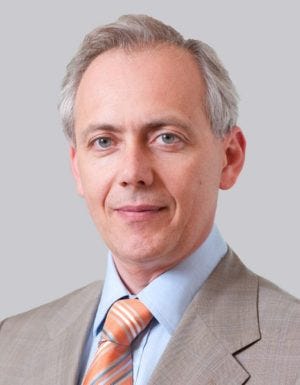
Khaled Karrai is on the Advisory Board of French quantum photonics and quantum information startup Quandela, and the first of six individuals helping the company achieve its goals in the industry.

A Scientific Director and Co-founder of Attocube Systems, in the past Karrai was a Professor at the Ludwig Maximilian University of Munich while also spending some time as a Research Scientist at the University of Maryland.
Karrai has a Ph.D. in Solid State Physics from Joseph Fourier University (now Grenoble Alpes University).
65. Samuel Bucourt: Advisory Board, Quandela
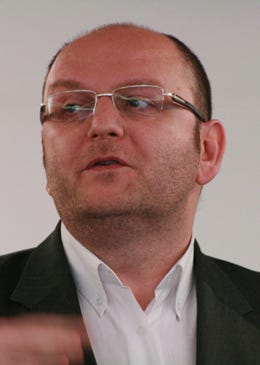
Advisory Board member at Quandela, Samuel Bucourt is President and CEO for Orsay-based wavefront analysis and adaptive optics products and solutions company Imagine Optic.
Passionate about innovation and the business ecosystem, Bucourt has developed expertise in optical metrology (wavefront analysis) and adaptive optics.
He has been involved in the development of the photonics industry for over 20 years and is a member of the board of directors for the European Photonics Industry Consortium (EPIC), as well as being involved in the professional union of photonic optics (Photonics France) and the clusters supporting the sector (Systematic Optics & Photonics Hub, Route des Lasers, etc.) in order to strengthen links between companies, support start-ups and act collectively.
Bucourt obtained an MSc in Photonic Optics from the Institut d’Optique Graduate School, Palaiseau, France.
66. Alain Aspect: Scientific Advisory Board, Quandela
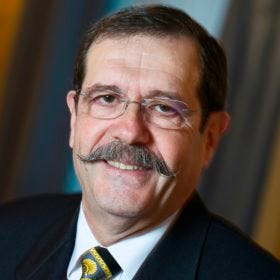
Another giant of the quantum physics world, Alain Aspect is a physicist noted for his experimental work on quantum entanglement and on the Scientific Advisory Board at Quandela.
He is famous for the Bell inequality test that showed that Albert Einstein, Boris Podolsky and Nathan Rosen’s reductio ad absurdum of quantum mechanics, namely that it implied ‘ghostly action at a distance’, did in fact appear to be realized when two particles were separated by an arbitrarily large distance. Besides this groundbreaking work, Aspect has contributed to the fields of wave-particle duality for single photons, laser cooling of atoms with lasers below the one-photon recoil, and ultra-cold atoms, quantum gases, and quantum simulators, respectively.
A member of the French Academy of Sciences and French Academy of Technologies, Aspect is also a professor at the École Polytechnique.
His awards include the Holweck Medal (1991), the Wolf Prize in Physics (2010), the Albert Einstein Medal (2012) and he is a Fellow of the Royal Society.
67. Eleni Diamanti: Scientific Advisory Board, Quandela
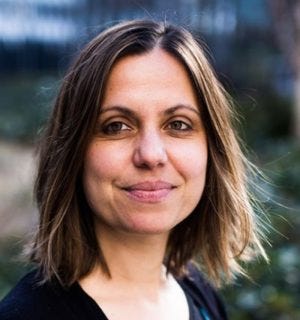
Eleni Diamanti holds a position on the Scientific Advisory Board at Quandela and is a researcher at the French National Centre for Scientific Research (CNRS). Besides this, Diamanti serves as Vice Director of the Paris Centre for Quantum Computing. She was awarded a European Research Council Starting Grant in 2018.
Diamanti was appointed to the faculty at the French National Centre for Scientific Research (CNRS) in 2009. Her research considers experimental quantum cryptography and the development of photonics sources for quantum networks. Alongside developing encryption software using quantum technology, she was made Vice Director of the Paris Center for Quantum Computing. In this capacity, she takes part in the European Union Quantum Flagship. Diamenti was awarded a Prime d’Excellence Scientifique from the CNRS in 2013. In 2018 Diamanti was awarded a European Research Council Starting Grant.
She received her Ph.D. in Electrical Engineering from Stanford University.
68. Benoît Deveaud: Scientific Advisory Board, Quandela

Vice Provost and Professor at the Research Ecole Polytechnique Palaiseau, where he is responsible for research strategy, Benoît Deveaud started off his career working as a scientist at the famous Bell Laboratories.
An expert in the physics of semiconductors and quantum optics, Deveaud obtained his Ph.D. in Physics from Joseph Fourier University (now Grenoble Alpes University).
69. Andrew White: Scientific Advisory Board, Quandela

Quandela’s final Advisor is Andrew White, a scientist and currently Professor of Physics and a Vice-Chancellor’s Senior Research Fellow at the University of Queensland. He is also Director of the University of Queensland Quantum technology Laboratory, Deputy-Director of the ARC Centre for Engineered Quantum Systems and a Program Manager in the ARC Centre for Quantum Computer and Communication Technology.
White has been a founding member of three Australian Research Council Centres of Excellence whose research extends to quantum optics, quantum information science and fundamental quantum science. His highly cited publications include work on how to create and detect an optical vortex, sources of quantum entanglement, quantum tomography, and demonstration of the first entangling version of quantum logic gates.
He has a Ph.D. in Physics from the University of Konstanz, Germany.
70. Johannes Buchmann: Scientific Advisor, QuantiCor Security
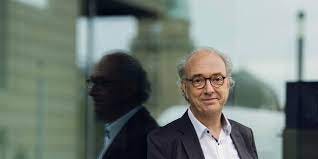
Johannes Buchmann is a Scientific Advisor for QuantiCor Security, a startup providing services for next-generation cyber security for IT-Infrastructures and the IoT.
A computer scientist, mathematician and Professor Emeritus at the Department of Computer Science of the Technische Universität Darmstadt, Buchmann is one of the world’s leading cryptography experts who has won innumerable awards.
Buchmann received his Ph.D. in Mathematics from the University of Cologne.
71. Nathan Shammah: Research Scientist, Quantika
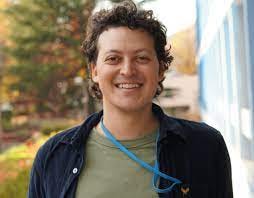
Nathan Shammah is a Co-founder and Research Scientist at Quantika (currently on leave), a company that provides consulting services to navigate the emerging market of quantum technologies and CTO at the non-profit Unitary Fund, an initiative helping create a quantum technology ecosystem that benefits the most people.
In his research pursuits, Shammah has conducted theoretical research in solid-state cavity quantum electrodynamics. As well as this, he is a lead developer of open-source projects in quantum physics research while he also enjoys experimenting with science communication.
Shammah has a Ph.D. in Physics from the University of Southampton.
72. Robert Marino: Technology Transfer Expert, Quantika
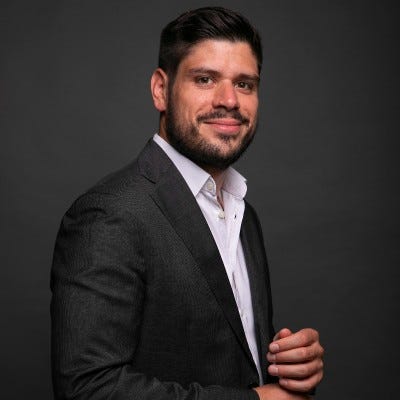
A Technology Transfer Expert at Quantika, Robert Marino is also the Co-founder and Director of Deeptech Founders, a program to help entrepreneurial scientists and engineers explore opportunities to transform their research into a commercial product. Besides this, he is the CEO of Qubit Pharmaceuticals, a startup accelerating drug discovery with quantum physics and high-performance computing.
With a Ph.D. in Material Science from the University of Lille/Chimie ParisTech, Marino’s research background is in experimental quantum communication.
73. Simone De Liberato: Consultant, Quantika
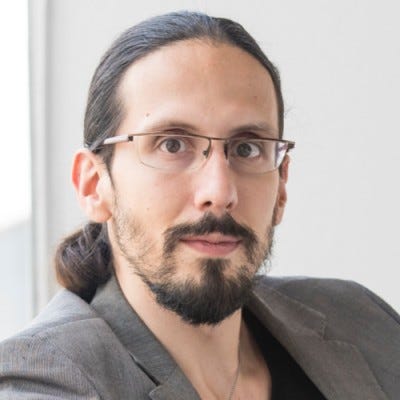
In addition to his duties as a problem solver at Quantika, Simone De Liberato is a scientist and entrepreneur.
De Liberato is a Professor of Nanophotonics and Royal Society University Fellow at the University of Southampton where he leads the Quantum Theory and Technology group in investigating solid-state cavity quantum electrodynamics for both fundamental and technological applications.
He obtained his Ph.D. in Physics from the University of Paris.
74. Peter Littlewood, Scientific Advisor, Quantopticon
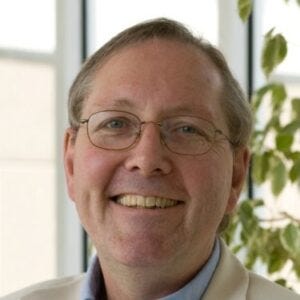
Peter Littlewood is the first of a trio of scientific advisors at Quantopticon, a startup developing software for simulating quantum-photonic devices.
A world-leading expert in theoretical condensed matter physics, particularly in many-body effects in strongly coupled light-matter systems, and polaritonics, Littlewood currently holds an appointment as Professor at the Department of Physics at the University of Chicago, where his current interests include semiconductor quantum optics. Previously, Littlewood had served as a director of the Argonne National Laboratory, head of the Cavendish Laboratory at the University of Cambridge, and head of the Theoretical Physics Research Department at Bell Laboratories.
Littlewood has a Ph.D. in Physics from the University of Cambridge.
75. Maurice Skolnick, Scientific Advisor, Quantopticon
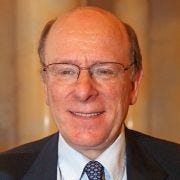
A Co-founder of British photonics startup AegiQ, Maurice Skolnick is an internationally recognized expert in the optics of semiconductor nanostructures. His research is focused on quantum dots, photonic structures and polariton physics.
He is a Professor of Condensed Matter Physics at the University of Sheffield and Research Director of the EPSRC National Centre for III-V Technologies. He is a recipient of the Mott Medal and Prize of the Institute of Physics and has previously acted as Chair of the Semiconductor Commission and Vice-President of the International Union of Pure and Applied Physics.
Skolnick received his Ph.D. in Physics from the University of Oxford.
76. Richard Ziolkowski, Scientific Advisor, Quantopticon

Together with his work advisory work for Quantopticon, Richard Ziolkowski is a Distinguished Professor at the University of Technology Sydney and a Professor Emeritus at the University of Arizona, where he held a professorship in the College of Optical Sciences.
Prior to this, he was the Computational Electronics and Electromagnetics Thrust Area Leader at the Lawrence Livermore National Laboratory. His research focuses on the application of new mathematical and numerical methods to describe interactions of EM waves with complex media, nanostructures and quantum configurations.
Ziolkowski gained his Ph.D. in Physics from the University of Illinois at Urbana-Champaign.
77. Dan Prince, Advisory Board Member, Quantum Base
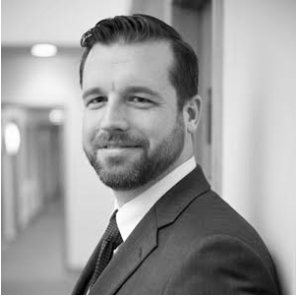
Dan Prince is an Advisory Board Member for Quantum Base, a startup offering next-generation, unbreakable quantum security.
Prince is a Senior Lecturer in Security and Protection Science within the School of Computing and Communications at Lancaster University. He specializes in cyber security risk management and developing secure networked systems. This knowledge has been applied to many application domains including financial services, industrial control systems and critical national infrastructure.
Prior to this role, he was the Associate Director for Partnerships and Engagement within Security Lancaster, the University’s multi-disciplinary research institute for security and protection science. In this role, he worked closely with external organizations to develop collaborative research and educational activities in security and protection science. This included helping define business strategy and growth plans for companies both large and small and saw him act as senior special advisor to the Bank of England for cyber security.
Prince obtained his Ph.D. in Computer Science from Lancaster University.
78. Ben Robinson, Scientific Materials Advisor, Quantum Base
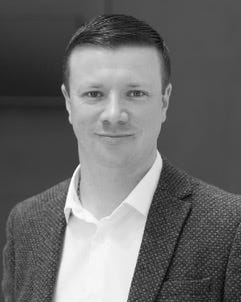
Like Dan Prince, Ben Robinson is an Advisor at Quantum Base, though his focus lies in scientific materials for the Lancaster, UK-based company, as he is an expert in the design, synthesis and characterization of nanoscale materials and devices including single-molecule and nanoscale organic electronic systems and 2D materials and their applications.
An experimental physicist, Robinson’s research interests are highly interdisciplinary and concern advanced functional materials, surfaces and interfaces. He holds a prestigious 50th-anniversary lectureship in Physics and Functional Materials based within the Physics Department and the new Materials Science Institute at Lancaster University.
Robinson completed his Ph.D. at the University of Wales with research on room-temperature single-molecule transport and ultrathin functional organic films realized by Langmuir-Blodgett deposition. During his Ph.D., Ben was awarded the Royal Society of Chemistry’s Andrew N. C. Johnstone memorial prize.
79. David Cory: Scientific Advisor, Quantum Benchmark

A pioneer of quantum computing and world-leading authority on quantum control, David Cory is a Scientific Advisor at Quantum Benchmark, a leading provider of software solutions that enable error characterization, error mitigation, error correction and performance validation for quantum computing hardware.
Cory is a Professor of Chemistry at the University of Waterloo, the Institute of Quantum Computing and the Waterloo Institute of Nanotechnology and Principal Investigator of the Canada First Research Excellence Fund Program, Transformative Quantum Technologies. He is an Associate of the Perimeter Institute for Theoretical Physics, chairs the advisory committee for the Canada Institute for Advanced Research’s Quantum Information Processing program.
He obtained his Ph.D. in Chemistry from Case Western Reserve University.
80. Stephen Bartlett: Scientific Advisor, Quantum Benchmark

Another Scientific Advisor at Quantum Benchmark is Stephen Bartlett, also a Chief Investigator and Professor of Physics in the ARC Centre of Excellence for Engineered Quantum Systems at the University of Sydney.
Bartlett leads a research program in theoretical quantum physics with interests spanning quantum computing, quantum measurement and control, quantum many-body systems, and the foundations of quantum theory.
He has a Ph.D. in Physics from the University of Toronto.
81. Fred Chong: Advisor, Quantum Circuits
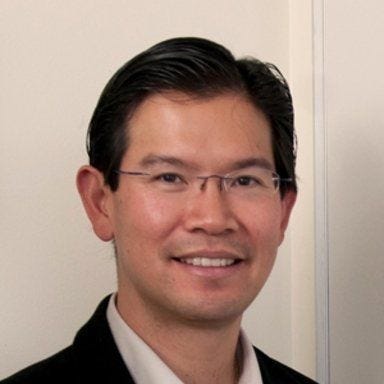
An Advisor at Quantum Circuits, a startup utilizing superconducting qubits in its architecture, Fred Chong is the Seymour Goodman Professor in the Department of Computer Science at the University of Chicago. His research interests include emerging technologies for computing, quantum computing, multicore and embedded architectures, computer security, and sustainable computing.
Besides this, he is also the Lead Principal Investigator for the EPiQC Project (Enabling Practical-scale Quantum Computing), an NSF Expedition in Computing and was a faculty member and Chancellor’s Fellow at UC Davis from 1997–2005. He was also a Professor of Computer Science, Director of Computer Engineering, and Director of the Greenscale Center for Energy-Efficient Computing at UCSB from 2005–2015. Chong is also a recipient of the NSF CAREER award and the six best paper awards.
He obtained his Ph.D. in Computer Science from MIT.
82. Isaac Chuang: Advisor, Quantum Circuits and QCI
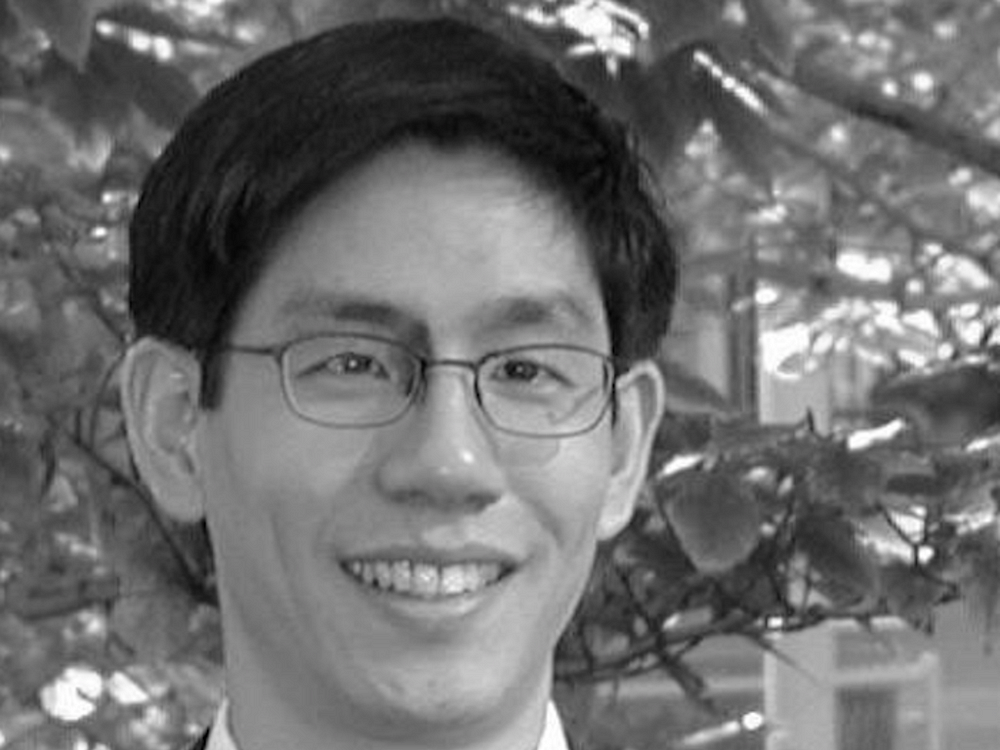
Advising Quantum Circuits along with Fred Chong is Isaac Chuang, a Professor of Physics and of Electrical Engineering and Computer Science at MIT, and a member of QCI’s scientific advisory board.
Chuang’s experimental realization of two, three, five, and seven quantum bit quantum computers using nuclear spins in molecules provided the first laboratory demonstrations of many important quantum algorithms, including Shor’s quantum factoring algorithm.
Prior to joining MIT, he was a research staff member at IBM and is the author, together with Michael Nielsen, of the textbook Quantum Computation and Quantum Information.
He received his Ph.D. in Electrical Engineering from Stanford University, where he was a Hertz Foundation Fellow.
83. Amir Yacoby: Scientific Advisory Board, Quantum Machines
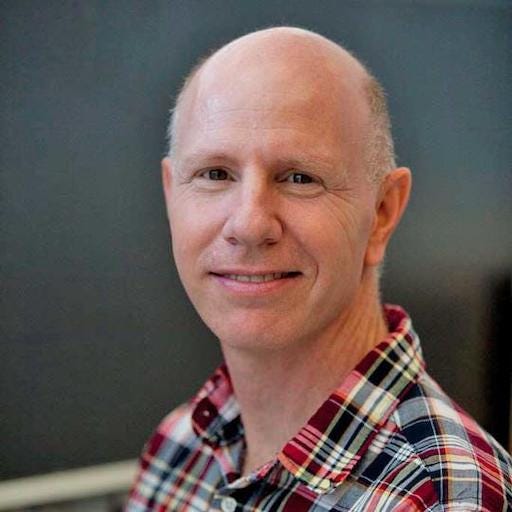
Amir Yacoby is on the Scientific Advisory Board at Quantum Machines and a Professor at Harvard University.
A leading researcher in the field of quantum science for more than two decades, with many contributions to quantum computation and quantum sensing, Yacoby’s research team focuses on a multitude of different qubit technologies and approaches, including Spin qubits and NV centers. He is also a member of the National Academy of Science and a Fellow of the American Physical Society.
Yacoby received his Ph.D. from the Weizmann Institute of Science, Israel.
84. Sergio Alvarez-Teleña: Advisor, Quantum Mads
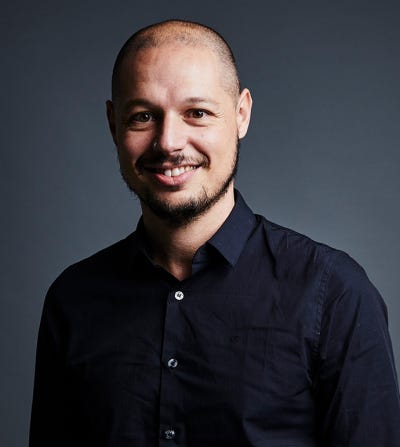
Sergio Alvarez-Teleña is an Advisor at Bilboa-based Quantum Mads. A former serial intrapreneur (trading and data science), he is currently a serial entrepreneur (custom RPA and cybersec for finance and energy, crypto assets and quantum computing) and an advisor to several companies.
With a Ph.D. in ML from UCL, his expertise in algorithmic trading, crypto assets and quantum computing can only benefit Quantum Mads’ SaaS products that are addressing the most challenging problems in combinatorial optimization by using annealing computation, quantum-inspired techniques, digital-analog computation, and gate-based quantum computers.
Part Five coming soon!
The Quantum Insider (TQI)

Just in case this list hasn’t satisfied your cravings for data on scientific advisors in the quantum space, you can pop on over to The Quantum Insider (TQI), TQD’s very own data platform. Here you can find deep and insightful information on all aspects of the QIS industry.
TQI is an invaluable resource for journalists, researchers, investors, companies, and government agencies looking to extend their knowledge of the growing quantum tech ecosystem!
Deep Tech Insider (DTI)

Interested in other niches of deep tech? Good, TQD team has that covered, too: Check out the Deep Tech Insider, the best place for news on all that is happening in the world of deep tech.
If you found this article to be informative, you can explore more current quantum news here, exclusives, interviews, and podcasts.









